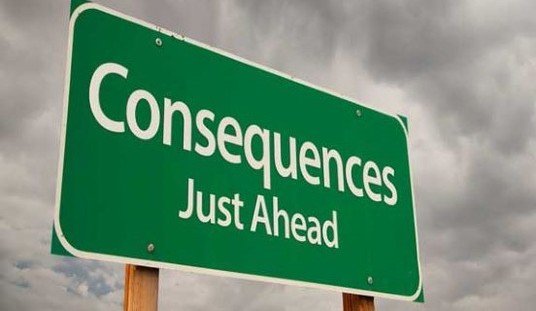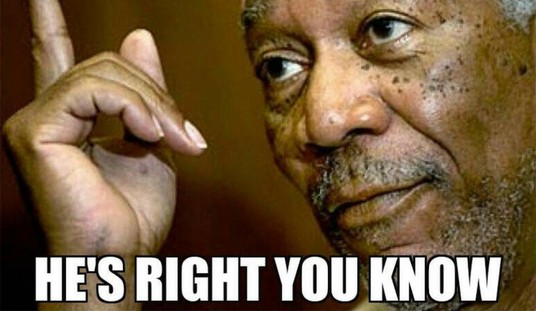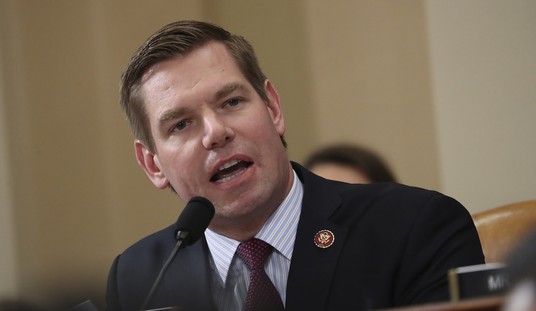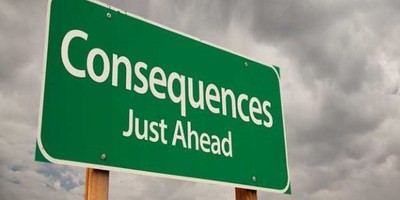Back in August, the New York Times launched “a major initiative” it called the 1619 Project, seeking to examine our country’s history as if it began in 1619, the year the first slave ship arrived in Virginia.
The idea caught on, and presidential candidates Pete Buttigieg and Beto O’Rourke went all in:
400 years ago a ship carrying more than 20 enslaved Africans arrived in Virginia. On the anniversary of that fateful day, let us summon the courage to reckon with our past—and act boldly to break with the racial and economic structures that are its legacy. https://t.co/v1Lxb7NzFf
— Pete Buttigieg (@PeteButtigieg) August 20, 2019
We should mark the foundation of America not on July 4, 1776, but on August 20, 1619—when the first human beings kidnapped from Africa were brought here to build the wealth of our country. Until we acknowledge this history, and repair this damage, we cannot build a better future. pic.twitter.com/RROTqqSW1X
— Beto O'Rourke (@BetoORourke) October 31, 2019
Of course, Americans decided they didn’t want Beto O’Rourke to be the one to help build a better future for Americans, but Buttigieg is riding high in the polls.
Christina Sommers, host of YouTube’s “The Factual Feminist,” somehow managed to find an interview with Princeton professor emeritus and Civil War historian James McPherson on “an obscure socialist website.” Yes, the interviewer asks McPherson, author of the Pulitzer Prize-winning “Battle Cry for Freedom,” about Karl Marx’s writings on the Civil War, but he also asked about the Times’ 1619 Project.
Recommended
Because this is a subject I’ve long been interested in I sat down and started to read some of the essays. I’d say that, almost from the outset, I was disturbed by what seemed like a very unbalanced, one-sided account, which lacked context and perspective on the complexity of slavery, which was clearly, obviously, not an exclusively American institution, but existed throughout history. And slavery in the United States was only a small part of a larger world process that unfolded over many centuries. And in the United States, too, there was not only slavery but also an antislavery movement. So I thought the account, which emphasized American racism — which is obviously a major part of the history, no question about it—but it focused so narrowly on that part of the story that it left most of the history out.
That’s funny, because that’s the same complaint that Jim Geraghty had back in August: Harriet Tubman, Booker T. Washington, Jesse Owens, the Tuskegee Airmen, Sojourner Truth, and Rosa Parks, among many others, warranted no mention at all.
Another thing we did learn from the interviewer: the 1619 Project has been distributed to schools as a glossy magazine and has been adopted by some into the curriculum. But at least the interview exists.
This is excellent.
— Michael Barry (@PlanAdvisorySvc) November 23, 2019
I rarely recommend socialist articles, but this one is incredibly good. https://t.co/XqsGx4dg9U
— Joel B. Pollak (@joelpollak) November 26, 2019
Great article.
— Rich Paula (@whatisacmio) November 26, 2019
A great read, thanks
— Eduardo Alvarez (@EdAlvarezB) November 25, 2019
This is great.
— Netterville (@Netterville) November 23, 2019
Here’s someone going for their doctorate in early American history:
Cheering as an ABD in early American. I would be fired even as adjunct now
— Mfgib197 (@mfgib197) November 23, 2019
It’s probably fair to say the New York Times had the narrative they wanted to push before they actually compiled the essays.
Related:
'Nana's cookies are racist'! With the NYT and the 1619 Project's help, hopefully Americans can atone for the lasting sin of 'sugar slavery' https://t.co/vUFF69hD4P
— Twitchy Team (@TwitchyTeam) August 21, 2019
























Join the conversation as a VIP Member